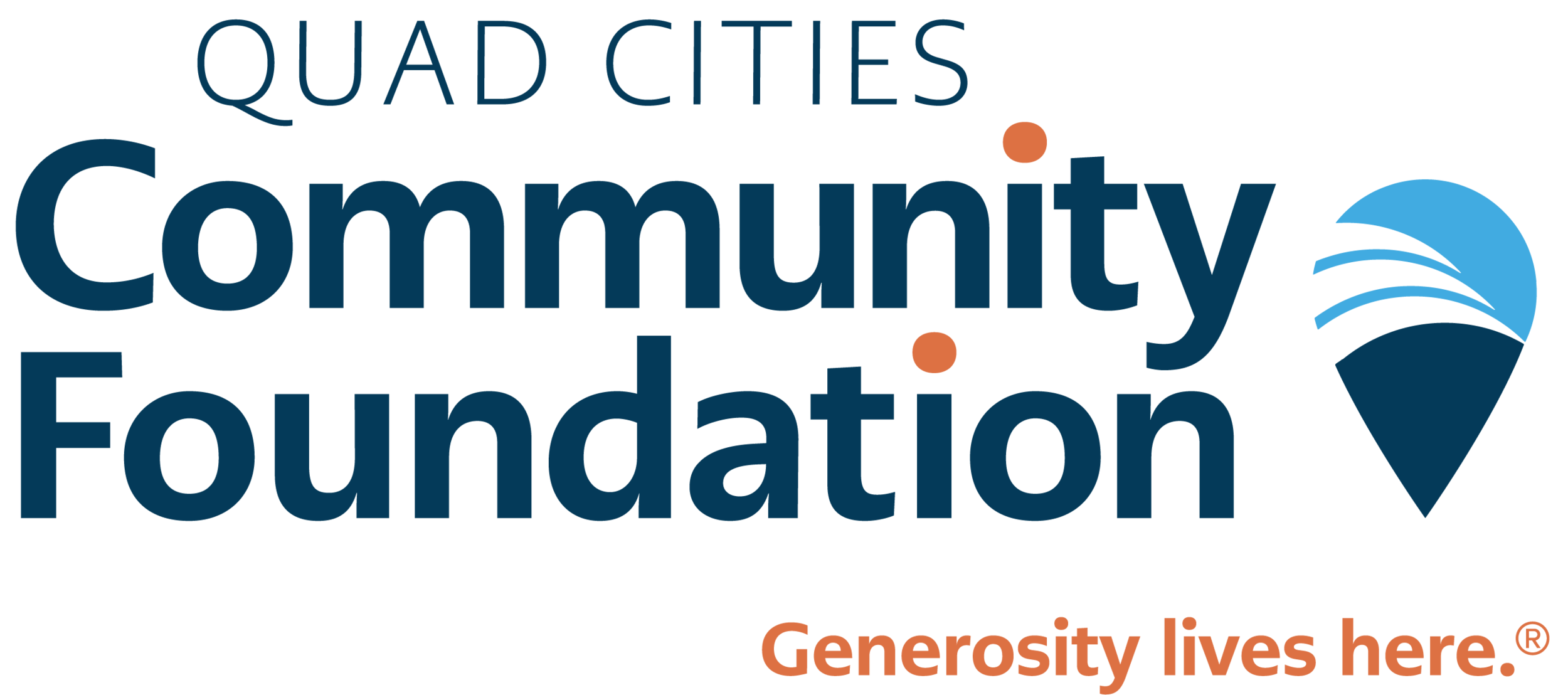The next step: A Q&A with Q2030’s new executive director, Kate Jennings
Kate Jennings
Arriving in Moline her senior year of college to work as a field representative for a senator named Barack Obama, Kate Jennings had no intention of calling the Quad Cities home. Fifteen years later, with positions in the regional offices of Senator Roland Burris, Senator Dick Durbin, and Congresswoman Cheri Bustos on her resume, she finds herself more deeply committed to the region than she ever could have imagined.
Now starting her new role as the first executive director of the Q2030 Regional Action Plan, the community and economic development initiative launched in 2016 and recently incorporated as a standalone nonprofit, Jennings is ready for the next step. As she settles in, she sits down with the Quad Cities Community Foundation, a champion of Q2030, to share what excites her about the work ahead of her.
You’ve had an impressive career. How will your past experiences help you lead Q2030?
The number one thing I’ve learned is the importance of relationship-building, open communication, and collaboration. That means meeting people where they’re at, getting to know them and their concerns, and then putting those things into an action plan.
I come from a large congressional district—14 counties, 7,000 square miles—and not everyone has shared goals or problems, but there are similarities. It’s the same in the Quad Cities, and Q2030 will allow me to bring together different stakeholders to solve problems that are unique but that have a common thread.
What do Q2030’s mission and vision mean to you?
With our four tenets of cool places, creative people, prosperous economy, and connected region, we want to grow the Quad Cities and make sure it’s an equitable place for all. I believe strongly in that mission. Working together, we can make the good better, change what needs to be fixed, and ensure that everyone is experiencing the great Quad Cities I know.
All of Q2030’s work will be done through a lens of diversity, equity, and inclusion. That is key to making our community stronger, and it will be done by going into all of our communities and listening to all of our neighbors’ needs and interests.
What are you looking forward to in your first few months as executive director?
I’m excited to get to know our board better and begin working with them. Everyone has such different experiences, but they’re all committed to helping the Quad Cities achieve our goals. Similarly, I’ve engaged with our stakeholders on the Illinois side of the river quite a bit because of my professional career, so I can’t wait to get to know the Iowa side just as well. I’m looking forward to reminding the whole region that Q2030 is here, we’re active, and we’re going to need their help and involvement.
From there, a central aspect of my role will be to set goals that are measurable and to communicate them to our stakeholders. We want to show everyone that we’re making incremental change that will lead to big change in the end.
How will nonprofit status allow Q2030 to take its work to the next level?
The great thing about coming into this as a new nonprofit with a small but dedicated staff is that these will be our goals every single day: to take the community’s ideas, outline our goals, and make sure we’re doing the work necessary to reach them.
When you’re working under different organizations’ umbrellas, there can be the perception that you’re beholden to those interests. Being a standalone organization with a sole vision clears it up for the community.
Of course, having champions like the Community Foundation is critical to giving Q2030 the legitimacy it needs to go out, start having meetings and events, and do its work. The Community Foundation has done such great work in the Quad Cities, supporting the community through philanthropy. I see this as the next step: let’s build the Quad Cities, and let’s build the next generation who will be able to help organizations like the Community Foundation in the future.

